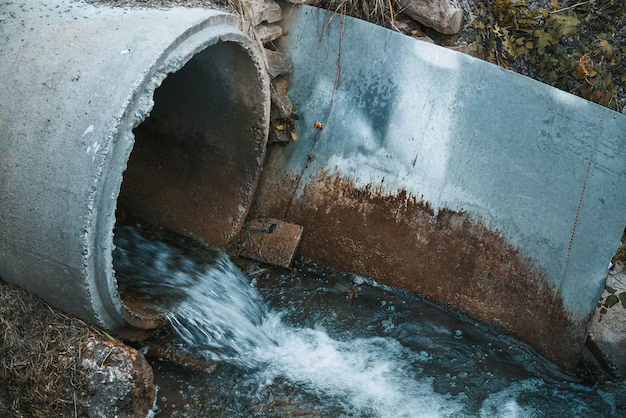The Centre for Science and Environment (CSE) has highlighted India’s severe urban water crisis, revealing that only 28% of the country’s urban wastewater and sewage is treated. The remaining untreated water is discharged into rivers, lakes, and land, worsening the overall water scarcity. The CSE report, released on Monday, calls for effective wastewater treatment and reuse as key solutions to India’s growing water challenges. Treating and reusing all urban wastewater could significantly alleviate the crisis and promote long-term water sustainability.
Rajiv Kumar Mital, Director General of the National Mission for Clean Ganga (NMCG), stressed the importance of utilizing treated wastewater, noting that ignoring its potential is a missed opportunity. CSE Director General Sunita Narain linked India’s water scarcity to rapid urbanization, industrial growth, population increase, and climate change. She emphasized that wastewater reuse is crucial for promoting water circularity and sustainability, turning wastewater back into a usable resource.
In response to these concerns, the Jal Shakti Ministry has mandated that cities recycle and reuse at least 20% of their consumed water. Subrata Chakraborty, senior programme manager of the CSE water programme, called this mandate a critical step toward building a climate-resilient and sustainable future. The CSE report urges urgent action to treat and reuse urban wastewater, offering a valuable opportunity to transform waste into resources for India’s water-scarce future.




